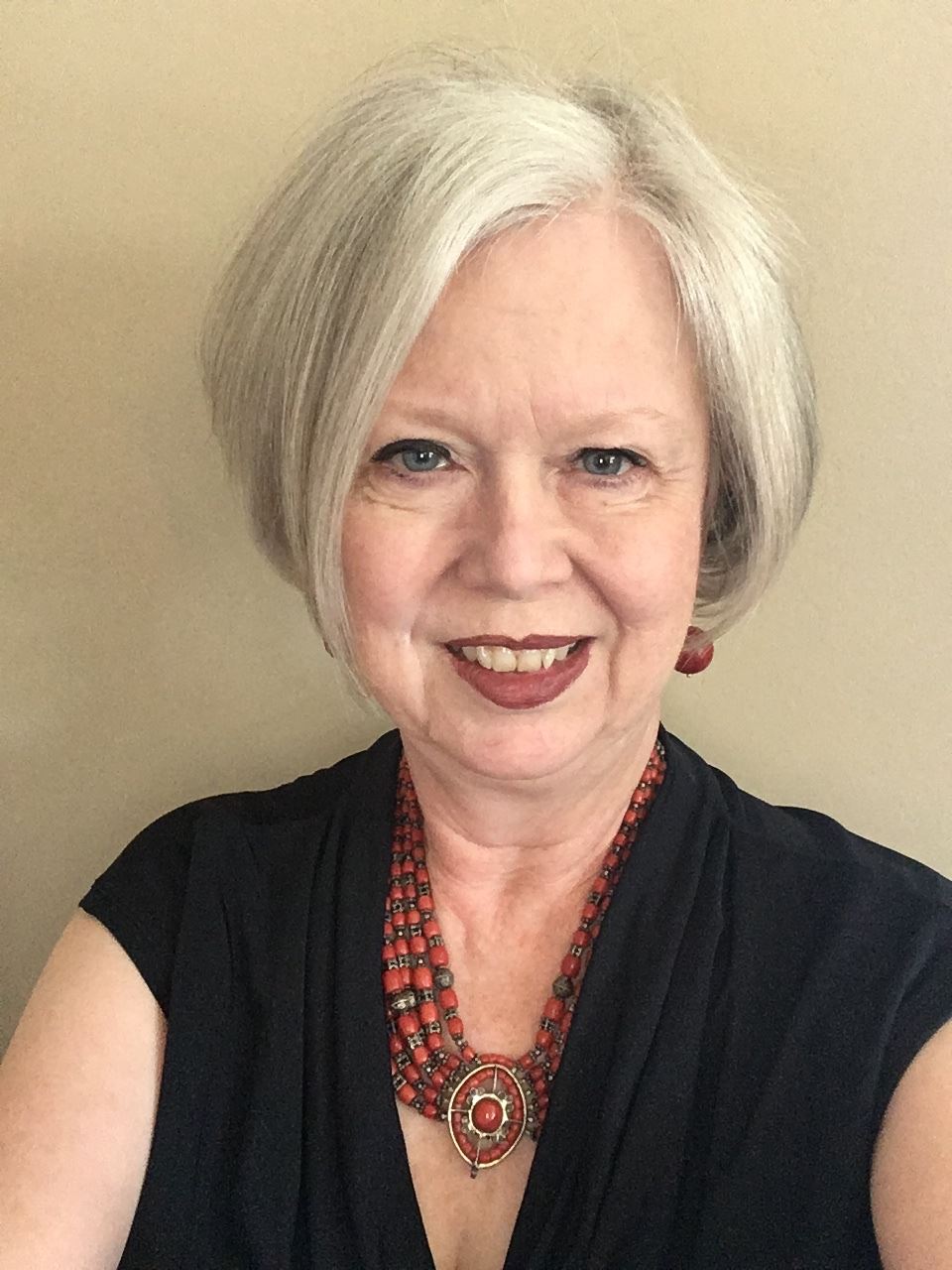
by Sandra Yeaman, SDWEG Webmaster Emeritus
This is the fourth in a series of posts to address common issues I have found in manuscripts with my suggestions for how to improve them before turning them over to agents, editors, and the many other individuals involved in the process of turning a manuscript into a book.
#4 PUTTING HYPHENS AND NUMBERS TOGETHER
Because some numbers, when spelled out, require hyphens, I often see hyphens in numbers where they don’t belong, usually because of the confusion between the general rule for spelling out numbers and the rules for using hyphens in compound modifiers. Below is a general rule for spelling numbers with hyphens and some specific rules for writing out numbers as times, fractions, and prices.
General rule: A hyphen must separate the two words representing numbers between twenty-one and ninety-nine. At least for now. Given the nature of commonly hyphenated words eventually becoming spelled as single words over time, this may change. Numbers representing multiples of ten do not require hyphens since they are single words.
Hours of the day rule #1: No hyphen is needed between the hour and the minute when writing out times of the day unless the spelled-out time is used as a compound modifier. The minute may need a hyphen if it is spelled with two words.
I have a meeting on the fourth Monday of every month at five thirty. (no hyphen between the hour and the minute)
My five-thirty meeting doesn’t usually begin until five forty-five. (hyphen between the hour and minute needed because it is a compound modifier and hyphen in forty-five because that is how it is spelled)
Hours of the day rule #2: No hyphen is needed between the hour and the word o’clock, because o’clock is usually only used with the hour and none of the hours between one and twelve require hyphens. When using a twenty-four hour clock, numerals are used.
The meeting was scheduled for three o’clock.
Hours of the day rule #3: No hyphen is needed when citing a time using a half or a quarter hour unless used in a compound modifier.
The meeting started fifteen minutes late, at a quarter after three, because one of the key presenters hadn’t arrived.
Fraction Rule #1: A hyphen is needed when writing out fractions whether they are used as nouns or modifiers.
Reduce the amount of time to bake by one-half. (a fraction used as a noun, the object of the preposition)
The recipe called for one-half cup of milk. (a fraction used as a modifier)
Fraction Rule #2: No hyphen is needed when writing out a whole number and a fraction together unless the combination is used as a compound modifier.
I walked three and three-quarters miles yesterday. (the number and fraction used as a simple modifier)
My three-and-three-quarter-mile walk took me just over an hour. (the number and fraction used as a compound modifier with the noun mile)
Price Rule: No hyphen is needed when writing out prices unless the numbers require a hyphen to be spelled correctly or if the numbers are part of a compound modifier.
I paid a dollar and seventy-five cents for a pastry at the bakery. (Seventy-five requires the hyphen because that’s how it is spelled.)
That dollar-and-seventy-five-cent pastry was the best I have tasted in years. (The full cost needs to be hyphenated because it is a compound modifier of pastry.)
Whenever I edit the work of someone else, I look closely at every hyphen to see if it is necessary. For times, fractions, and prices, the above rules apply. In other cases of hyphens between words, I check the dictionary or determine if the hyphenated words form a compound, multiple-word modifier.

 Sandra Yeaman retired from the US Department of State in 2007 after 23 years as a Foreign Service Officer. As a management officer, she served at US embassies in Qatar, Barbados, Moldova, the United Arab Emirates, Yemen, Madagascar, Zambia, and Eritrea. In addition, she served in consular positions in Germany and Barbados and previously taught English as a Foreign Language in Iran and Romania.
Sandra Yeaman retired from the US Department of State in 2007 after 23 years as a Foreign Service Officer. As a management officer, she served at US embassies in Qatar, Barbados, Moldova, the United Arab Emirates, Yemen, Madagascar, Zambia, and Eritrea. In addition, she served in consular positions in Germany and Barbados and previously taught English as a Foreign Language in Iran and Romania.
She is familiar with Arabic, Farsi, German, Romanian, Russian, and Spanish. Her experiences overseas brought her in touch with underserved minorities and religious groups out of favor with the current government. These experiences provide her with a sensitivity in her writing and editing not easily attained by others.
These changes in environment and cultures challenged her notion of what success is. What made it possible for her to thrive in the midst of the change is the solid foundation she received in her childhood years in northern Minnesota.
Since retirement, Sandra has been writing her story and her journey from a young woman seeking adventure to a mature woman who found her mission. She hopes to complete her novel in 2021 and looks forward to gaining the expertise in the full range of pre-publication book preparation and marketing.
Sandra's Website